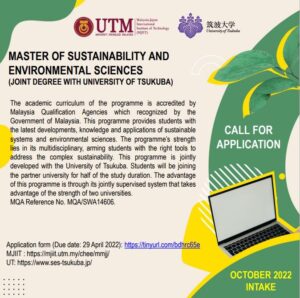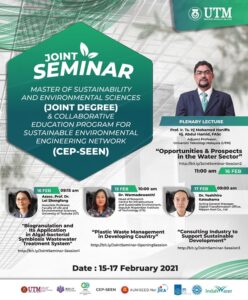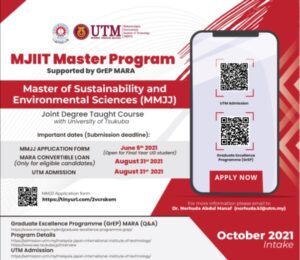Master of Sustainable & Environmental Science (MMJJ)
JOINT DEGREE PROGRAM WITH UNIVERSITY OF TSUKUBA
The academic curriculum of the programme is accredited by Malaysia Qualification Agencies which recognized by the Government of Malaysia. This programme provides students with the latest developments, knowledge and applications of sustainable systems. The programme’s strength lies in its multidisciplinary, arming students with the right tools to address the complex sustainability. This programme is jointly developed with the University of Tsukuba. Students will be joining the partner university for half of the study duration. The advantage of this programme is through its jointly supervised system that takes advantage of the strength of two universities. MQA Reference No. MQA/SWA14606.
Admission Policy
Applicants are required to have strong interests in a variety of issues occurring in tropical Asian regions, also to have basic capacity of natural / social sciences and comprehensive perspective, additionally to have high motivation of solving global issues by environmental sciences approach to lead to sustainable society. Applicants are examined by two screenings, the first one is by each university independently and the second one is by both universities jointly, leading to final decision of candidates.
- Career Opportunity
- Course Structure
- Entry Requirement
- Programme Educational Objectives (PEOs)
- Programme Outcome (PO)
This degree provides opportunities for continuing professional development, as well as the chance to interact with those at the cutting edge of sustainable systems.
COURSE STRUCTURE
|
University General Courses |
||
|
Course Code |
Course Name |
Credit |
|
UMJG6013 |
Basic Japanese Language and Culture (MJIIT) |
3 |
|
MMJP 1183 |
Research Methodology (MJIIT) |
3 |
|
Core Faculty Courses (Compulsory) |
||
|
Course Code |
Course Name |
Credit |
|
01AJ001 |
Introduction to Environmental Sciences |
1 |
|
01AJ002 |
Exercises in Environmental Sciences |
1 |
|
01AJ003 |
Field and Laboratory Practices in Environmental Sciences |
1 |
|
01AJ004 |
Tsukuba-MJIIT Joint Seminar |
1 |
|
MMJS1133 |
Sustainability Management & Policy |
3
|
|
Elective Courses (MJIIT:9 credit, UT: 8 credit) |
||
|
Course Code |
Course Name |
Credit |
|
MMJS1113 |
Applied Sustainable Systems (MJIIT) |
3 |
|
MMJS1123 |
Life Cycle Assessment (MJIIT) |
3 |
|
MMJS1143 |
Environmental Impact Assessment (MJIIT) |
3 |
|
MMJS1213 |
Green Economy (MJIIT) |
3 |
|
MMJS1323 |
Smart Communities (MJIIT) |
3 |
|
MMJS1333 |
Renewable Energy (MJIIT) |
3 |
|
MMJS1343 |
Sustainable Food Systems (MJIIT) |
3 |
|
MMJS1373 |
Low Carbon Cities (MJIIT) |
3 |
|
|
|
|
|
01AJ301 |
Simulation of Environmental Policy |
2 |
|
01AJ302 |
Water Environment |
2 |
|
01AJ303 |
Introduction to Waste Management |
2 |
|
01AJ304/01AD312 |
Solid Waste Management and Systems Planning |
2 |
|
01AJ305 |
Utilization and Recycling of Bio-resources |
2 |
|
01AJ306 |
Tropical Climate and Global Monsoon |
1 |
|
01AJ308 |
Terrestrial Ecology |
1 |
Bachelor’s degree in science, technology or engineering or in a related field with CGPA 3.0/4.0. International students must obtain a minimum IELTS 6.0 or equivalent qualification (https://admission.utm.my/english-language-requirements-3/).
The enrollement in programme requires a joint interview conducted by Universiti Teknologi Malaysia and University of Tsukuba.
Details on the entry requirement
|
PEO 1 |
Competent and innovative in incorporating the concepts and values of sustainability in any environmental-related field. |
|
PEO 2 |
Demonstrate innovative leadership skills and capable to generate solutions and ideas by addressing the complexities of the sustainability challenges through a multidisciplinary perspective. |
|
PEO 3 |
Grow professionally with the ability to analyze and communicate environmental issues to a broader community of stakeholders to meet our present needs without compromising future generations. |
| PLO1 – Depth, complexity and comprehension of knowledge | Critically analyse complex information with originality and knowledge in specialised concepts, theories, methods and practice in sustainability and environmental sciences. |
| PLO2 – Cognitive Skills | i.Construct solutions for solving complex issues using advanced approaches, knowledge, and innovative solutions for the sustainable and environmental system. |
| PLO3 – Functional Work Skills: Practical Skills | Conduct sustainability standard practical skills at its forefront knowledge and latest development tools. |
| PLO4 – Functional Work Skills: Interpersonal Skills | Work collaboratively with others in learning and working communities ethically and professionally. |
| PLO5 – Functional Work Skills: Communication Skills | Communicate clearly the knowledge, skills, ideas, critique and conclusion with a rationale using appropriate methods to peers, experts, and non-experts. |
| PLO6 – Functional Work Skills: Digital Skills | Competently use a wide range of suitable digital technologies and appropriate software to enhance the solution of complex issues. |
|
PLO7 – Functional Work Skills: Numerical Skills
|
Apply mathematical and other quantitative, qualitative tools to analyse and evaluate numerical and graphical for data interpretation. |
| PLO8 – Functional Work Skills: Leadership, Autonomy and Responsibility Skills | Demonstrate significant autonomy, independence, leadership and responsibility skills in unpredictable situations within a collaborative team to solve complex issues. |
|
PLO9 – Personal Skills
|
Recognise the need for continuous academic and professional development through self-advancement. |
| PLO10 –Entrepreneurial Skills | Initiate entrepreneurial projects by developing a business plan for the related product. |
| PLO11 – Ethics and Professionalism Skills | Adhere to legal, ethical and professional codes of practice in every critical reflections and decision making as a field expert. |
NEWS & EVENTS
APPLICATION FOR MASTER OF SUSTAINABILITY AND ENVIRONMENTAL SCIENCES
Application form (Due date: 29 April 2022)
MJIIT : https://mjiit.utm.my/chee/mmjj/
UT: https://www.ses-tsukuba.jp/
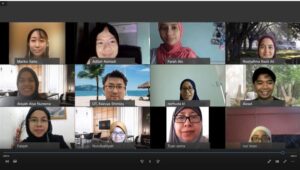
Sharing Session from MMJJ/JMSES Alumni
Saturday, 25 September 2021.
Sharing session with MMJJ/JMSES alumni with successful MMJJ candidates for October intake 2021.
GAMBATE!
Click “HERE” for testimony interview
Click “HERE” for testimony interview
Click “HERE” for testimony interview
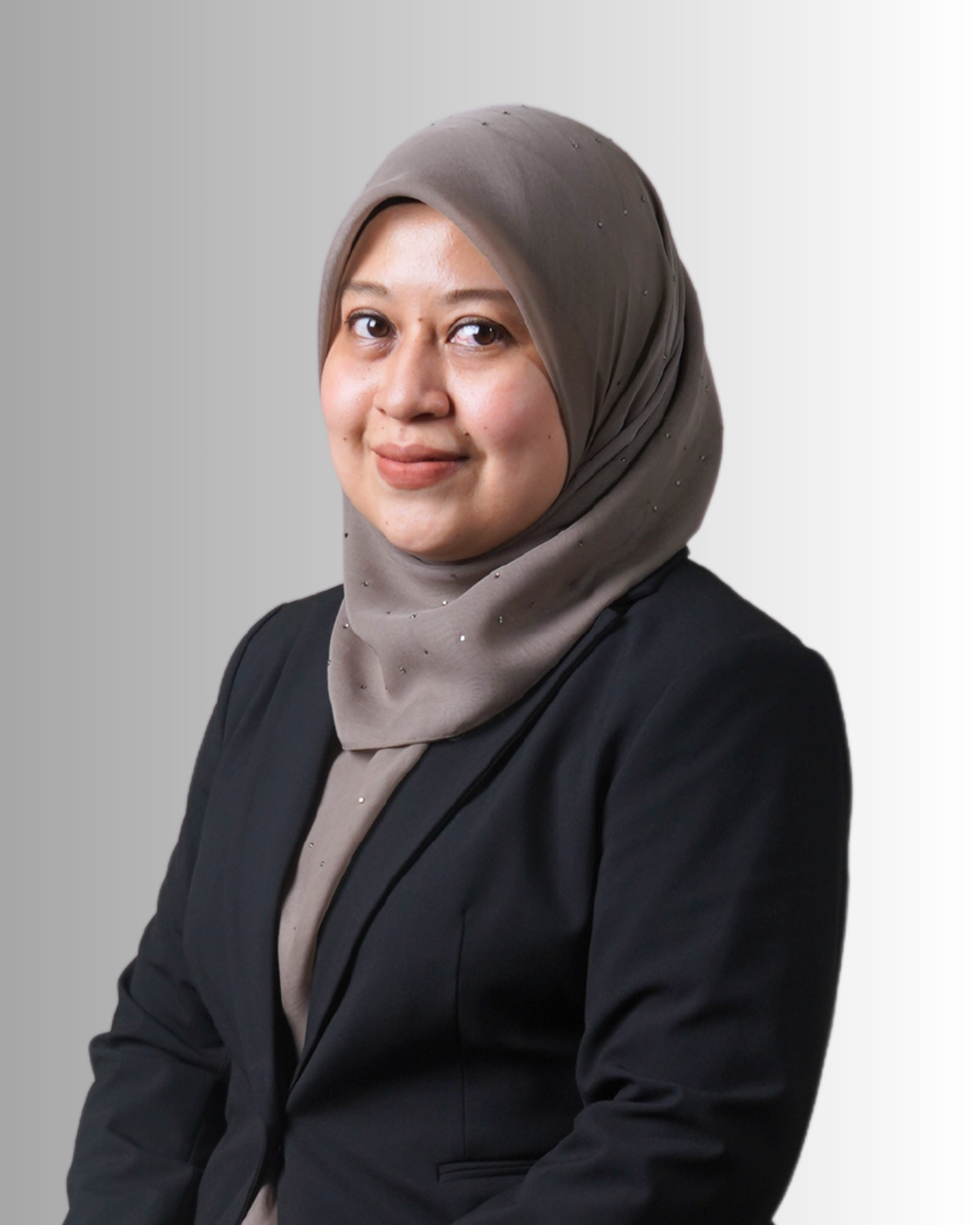
Dr. Fazrena Nadia binti Md Akhir
MMJJ Programme Coordinator

